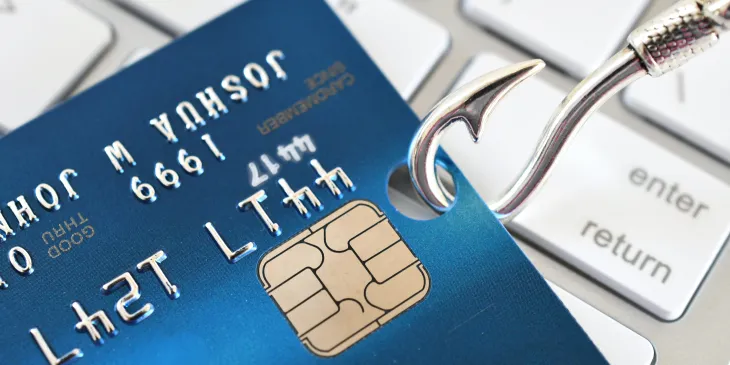Consider Yahoo, Marriott International, and Target. What do these companies have in common? They’ve all experienced some of the largest data breaches in history.
The scary thing is that you can’t protect all your data all the time, but there are many things you can do to guard against a cyber-attack.
Data and security breaches cost businesses a lot of money, lost time, and even lost customers. A security software company, Varonis, reports that the average ransomware breach costs $4.62 million, and the average data breach costs $4.24 million. Yet, there are ways to protect your business against cyber-attacks, beginning with strong passwords and establishing a policy on when to change passwords.
Protect Your Business Passwords
You’re already aware of the need for password protection. After all, like the physical locks on your house doors, passwords prevent intruders from unauthorized access to your business information and finances.
We need passwords for nearly everything online, and it can be problematic to remember them all. This need has led some to use the same or simplified passwords for multiple software programs. Why? They’re easier to remember. The problem is that these types of passwords often make it easier for malicious attacks against your data, too.
Not every password is a strong password, nor should you use the same password for every program. However, when sharing credentials is necessary, it’s more important to guard those credentials against potential threats or unauthorized access.
One way to protect your business accounts and finances against password threats is to consider using a password manager. A business-grade password manager helps you and your employees keep your data safe and secure in a few ways. They do the following:
- Generate strong, random passwords
- Prevent the reuse of old passwords
- Store credentials for each employee
- Offer multi-factor authentication
- Provide secure password sharing
Protect Company Social Media Accounts
Your website isn’t the only area of concern. It’s becoming more common every day for social media accounts to fall victim to malicious attacks. Although choosing a strong password helps, sometimes it’s not enough. Consider using two-factor authentication for your business’s social media accounts.
Two-factor authentication adds an extra layer of protection to your social media accounts. One example of this is a passcode that you receive via email or text message after entering your login credentials from a new device.
Facebook, Instagram, Twitter, and LinkedIn already have two-factor authentication capabilities. To set them up, simply go to the settings of each of these social media accounts.
Keep Your Website Secure
Passwords aren’t the only way to keep your business website secure. Other solutions include making sure you have completed all the latest software and security updates. This action ensures your anti-virus protection remains updated.
If you haven’t done so already, consider updating your website from HTTP to HTTPS, which adds another layer of protection and lets your customers know your website is secure, but don’t stop there. Any website, especially a business website, should have strong encryption to protect the privacy of your website and its users. An SSL certificate can help you do this.
Finally, real-time monitoring can pay off by helping you identify threats before they become issues. These tools can also help you keep your website running efficiently.
Beware of Public WI-FI Connections
Today, more people work remotely than ever before with work from home, freelance, and hybrid work models. Additionally, if you travel for work, it’s safe to assume that you’ll need to access some of your company information while mobile.
Public wireless connections at restaurants, libraries, airports, and more offer ways for you to access the internet to browse, work, and play. The problem is that public WI-FI is less secure since it lacks many of the protections needed to keep your information safe. If you must use public WI-FI while working remotely, consider getting a virtual private network.
VPNs work as a kind of tunnel between you and the public internet service. However, the VPN encrypts your information to protect you from cyberattacks.
The Final Word
Although you can’t protect all your data all the time, there are many ways to protect your business against cyber threats, including strong passwords, multi-factor authentication, software updates, SSL certificates, real-time monitoring, and VPNs.
Protecting your business against future cyber threats is smart. It keeps your business and information safe while also protecting your customers and their sensitive information. When you actively guard against cyber-attacks, you build trust among your employees and customers.




